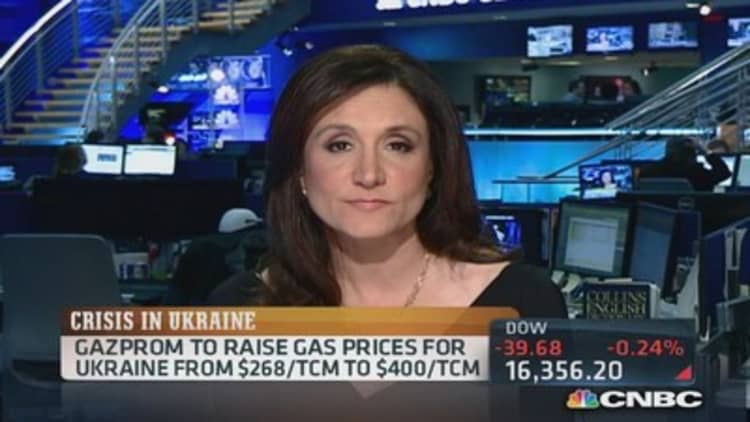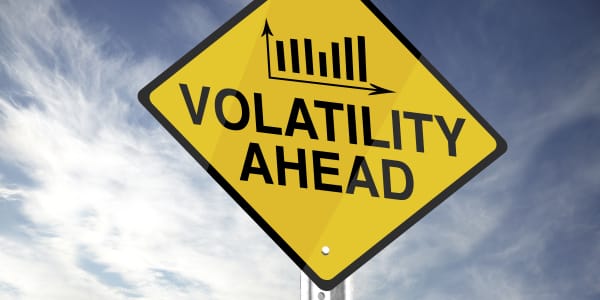Last weekend, we saw Russia conduct war games along the border with Ukraine as troops loyal to Moscow moved into Crimea. This caused some pronounced unrest in the currency markets, as well as a sharp selloff in the Russian equity market.
Is this the start of a military escalation in Eastern Europe? Should investors be worried and what does all this mean to them? Is the safety trade the best trade?
First of all, I would submit that the moves by Russia were very much expected and in line with their past responses to civil unrest in neighboring nations.
In fact, I believe that it is common sense for Russia to invade Crimea, in order to protect a highly valued warm-water port at Sevastopol that is home to its Black Sea naval fleet. Russian President Vladimir Putin has little choice but to move to protect a strategically important foothold for Russia and he flirts with the temptation of reuniting Crimea back with Russia.
Russia gave Crimea to Ukraine in 1954 and has spent much of the time since then regretting that gift.
(Read more: The world is the savvy investor's oyster)
Secondly, can Western influence stop Russia? It is unlikely that the United States can stop Putin, but it can make it very uncomfortable for him to proceed. Remember that Russia has major pipelines running through Ukraine that deliver natural gas to the rest of Europe.
Mistreating Ukraine to the point that it shuts down those pipelines would be economically devastating to Russia. It is unlikely that Ukraine will mount any meaningful military resistance to Russia simply because Ukraine is effectively broke. The Ukrainians cannot finance a war as they teeter on the brink of bankruptcy.

Investor flight?
What will punish Russia significantly will likely be the damage to asset prices that will be the consequence of investment funds leaving the country. Russia was forced to raise its overnight lending rate by 1.5 percent to defend the value of the ruble.
What does this mean for investors? Should investors be pulling up stakes in Russia and repatriating their funds home?
(Read more: Taking the long view key to financial success)
I don't think so. The old adage of "buy on the sound of cannons, sell on the sound of trumpets" applies here.
Let's look at what matters to Russia. First, oil matters greatly. Russia is one of the top producers of oil, and rising prices for crude means better revenues for Russia. Gold also matters to Russia.
Russia is sensitive to the price of gold and other metals. Rising gold prices benefit Russia's miners.The reality is that Russia likely will benefit from any spikes in commodity prices that these events cause. Russia's markets are down significantly here and we believe they should be bought.
Sooner or later the uncertainty in Russia will dissipate. Those investors who buy during the days of bad news will likely be winners after the peace trumpets are blown.
Equity prices are mainly dependent on earnings growth.
None of the events in Ukraine or Russia will likely have any impact on the earnings of companies here or in Russia.
I expect that earnings will continue to rise, and sooner or later the uncertainty in Russia will dissipate.Those investors who buy during the days of bad news will likely be winners after the peace trumpets are blown.
(Read more: Investors fearful, fantasizing in 2014)
Overall, we like the BRICK (Brazil, Russia, India and China, along with "K" for South Korea) economies, which give investors a great entry point to buy growth at very attractive valuations.
The difficulty should be confronting the headline risk and coincident volatility. Events such as these are always media-worthy but likely will be a point that will prove opportunistic for investors who have a longer-term view.
—By Scott Colyer, Special to CNBC.com. Scott Colyer is the CEO and chief investment officer of Advisors Asset Management.




